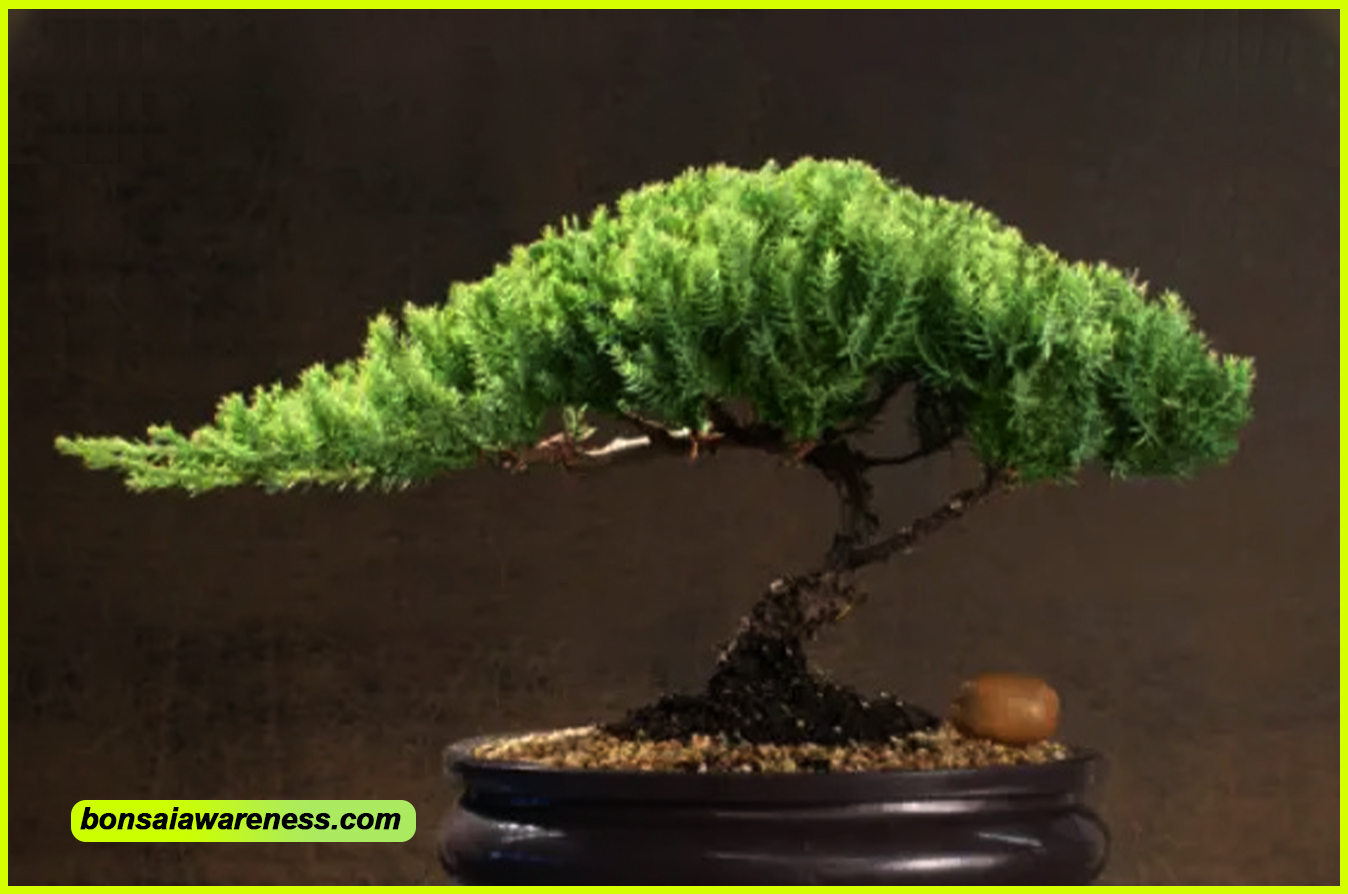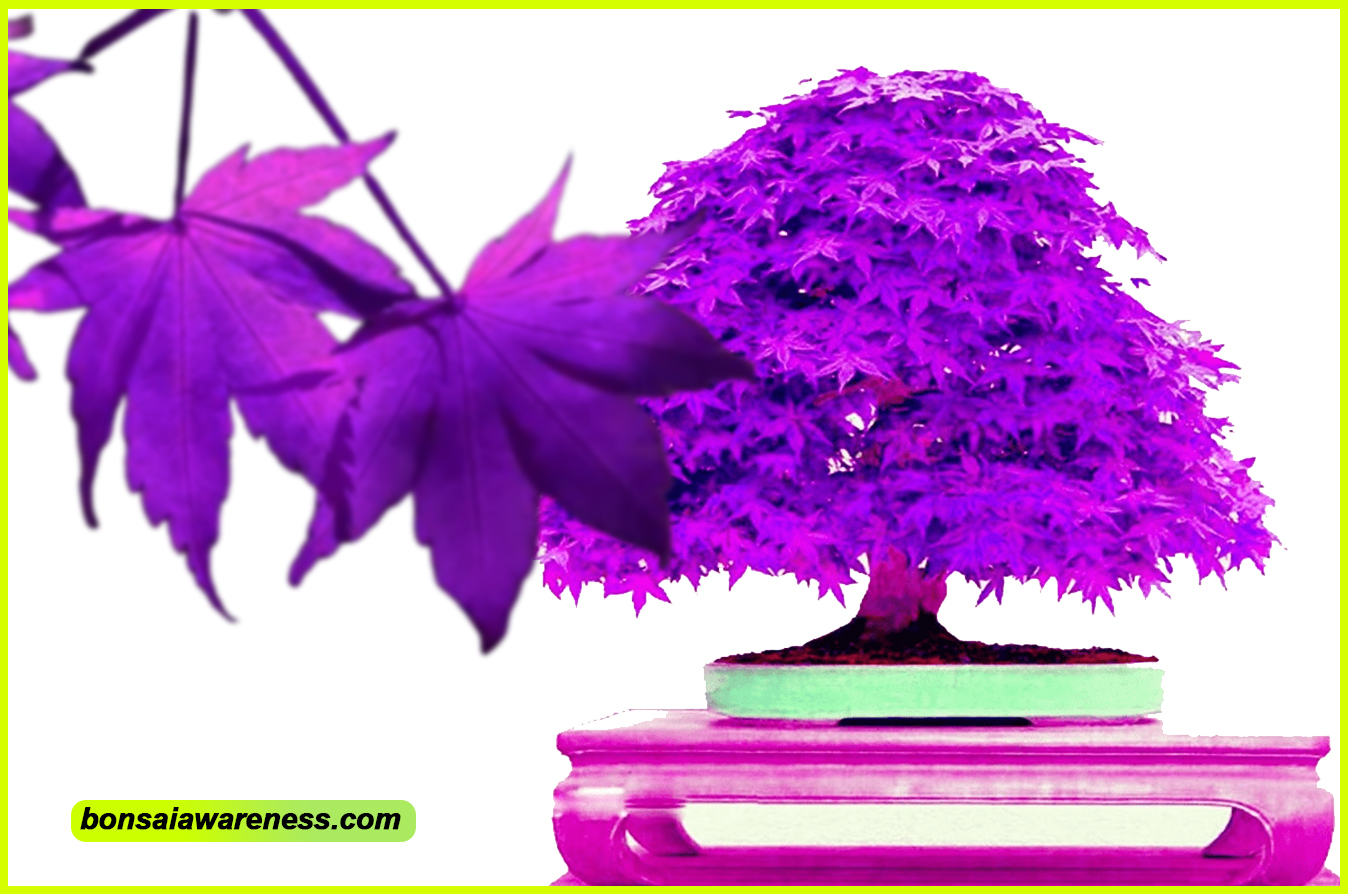To water a Ficus Bonsai, ensure you water it every 7-10 days, allowing the soil to dry out between each watering. Ficus Bonsai are stunning indoor plants known for their lush foliage and unique bonsai tree structure.
To ensure the health and vitality of your Ficus Bonsai, it’s crucial to understand how often to water it. Overwatering can lead to root rot, while underwatering can cause the tree to wither and die. Therefore, it’s recommended to water your Ficus Bonsai every 7-10 days, allowing the soil to dry out between each watering.
This frequency ensures that the roots have enough time to absorb water and prevents any risk of suffocation. By maintaining this watering routine, you can enjoy a thriving and visually pleasing Ficus Bonsai in your home or office.
Understanding Ficus Bonsai
The Ficus Bonsai is an appealing and popular choice for bonsai enthusiasts due to its beautiful foliage and easy care. Understanding the key characteristics of this particular bonsai can help you provide it with the ideal growing conditions.
The Ficus Bonsai is characterized by its small leaves and aerial roots, which give it a majestic appearance. Its trunk can have an interesting and twisted shape, adding to its overall charm.
When it comes to watering, it is important to maintain a balance. Do not overwater or underwater your Ficus Bonsai. Water the plant when the topsoil feels slightly dry, but be careful not to let it dry out completely.
In addition to watering, the Ficus Bonsai thrives in well-lit areas with bright, indirect sunlight. It prefers temperatures between 60-75°F (15-24°C) and moderate humidity levels.
To ensure the optimal growth of your Ficus Bonsai, consider using a well-draining bonsai soil mix and fertilizing it every two weeks during the growing season. The bonsai is best kept indoors, away from extreme temperatures and drafts.
By providing your Ficus Bonsai with the right growing conditions and paying attention to its watering needs, you can enjoy a vibrant and healthy bonsai for years to come.
Determining Watering Frequency
The watering frequency for Ficus Bonsai varies depending on several factors. One of the key considerations is assessing soil moisture. To determine when to water your bonsai tree, check the soil with your finger to feel for moisture. Insert your finger about an inch into the soil and if it feels dry, it’s a sign that the tree requires water. Another important aspect to consider is the factors affecting watering needs. These include environmental conditions such as temperature, humidity, and sunlight, as well as the size and age of the bonsai tree. Younger and smaller trees generally require more frequent watering compared to older and larger ones. It’s crucial to observe your Ficus Bonsai closely and adjust the watering schedule accordingly to maintain optimal moisture levels for its healthy growth.
Best Practices For Watering
Watering Ficus bonsai is crucial to its health and growth. One of the best practices for watering this bonsai is to ensure that the soil never dries out completely. Check the soil moisture levels regularly by poking your finger about an inch into the soil. If the soil feels dry at that depth, it’s time to water the bonsai.
When watering, do it evenly until water starts to drain from the bottom of the pot. Always use room temperature water. Another technique for watering ficus bonsai is to use humidity trays. Placing the bonsai pot on a tray filled with pebbles and water helps in maintaining moisture levels around the plant. This is especially beneficial in dry environments or during winter when indoor heating can dry out the air.
Signs Of Overwatering And Underwatering
Overwatering and underwatering are common problems faced by Ficus Bonsai owners. Knowing the signs is essential for maintaining the health of your plant. Recognizing signs of overwatering is crucial to prevent root rot and other fungal diseases. Some visible signs include wilting, yellowing leaves, and a foul odor from the soil. If your Ficus Bonsai is constantly wet, it’s a clear indication of overwatering.
On the other hand, underwatering can cause dehydration and stress to the plant. Look out for dry and crispy leaves, leaf drop, and soil pulling away from the pot’s edges. When the roots are not getting enough water, the plant will start conserving its resources, resulting in these signs.
| Signs of Overwatering | Signs of Underwatering |
|---|---|
| Wilting | Dry and crispy leaves |
| Yellowing leaves | Leaf drop |
| Foul odor from soil | Soil pulling away from pot edges |
By carefully observing these signs, you can ensure your Ficus Bonsai is properly watered. Remember to only water when needed, allowing the soil to dry out slightly between waterings. This will help maintain the perfect balance for your Bonsai’s health and growth.
Adjusting Watering Schedule
Adjusting the watering schedule for your Ficus Bonsai is essential for its health and well-being. The frequency of watering depends on several factors, including seasonal variations and environmental changes. During the warmer months, when the temperatures are higher, the soil tends to dry out faster, requiring more frequent watering. On the other hand, during the colder months, water uptake decreases, so watering should be reduced accordingly. Keep an eye on the moisture level of the soil to determine when your Ficus Bonsai needs water. It’s important to avoid overwatering as it can lead to root rot and other issues. To assess the moisture level, you can use a moisture meter or stick your finger about an inch into the soil. If it feels dry, it’s time to water. Remember, every Ficus Bonsai is unique and may have slightly different watering requirements, so observe your plant’s response to watering and adjust accordingly.
Frequently Asked Questions For Ficus Bonsai How Often To Water
How Do I Know If My Ficus Bonsai Needs Water?
Check the top 1-2 inches of the soil. If dry, water; if moist, wait. Monitor regularly to maintain proper moisture.
Does Ficus Bonsai Need Direct Sunlight?
Ficus bonsai thrives in bright indirect sunlight but can tolerate some direct sunlight. It’s best to place them near a window with filtered light or use curtains to diffuse intense sunlight. Avoid exposing them to prolonged direct sunlight as it may scorch the leaves.
How Often Do You Water A Bonsai In Bonsai Soil?
Water your bonsai in bonsai soil when the top layer feels dry, usually every 1-2 days. Ensure the soil is evenly moist but not soggy, adjusting watering frequency based on the plant’s needs and environmental conditions. Regularly check moisture levels by touching the soil.
Can You Overwater A Ficus Bonsai?
Yes, overwatering a Ficus bonsai can lead to root rot, yellowing leaves, and fungal infections. It’s crucial to allow the soil to partially dry out between waterings to prevent waterlogged conditions. Proper drainage is key for maintaining a balanced moisture level.
Conclusion
In sum, the watering frequency of your Ficus Bonsai depends on several factors such as climate, pot size, and soil composition. By paying attention to the moisture levels, you can ensure the optimal health and growth of your bonsai. Remember to observe the signs of water needs, and adjust accordingly.
Stay attentive and mindful in caring for your Ficus Bonsai to maintain its thriving condition.


Leave a Reply